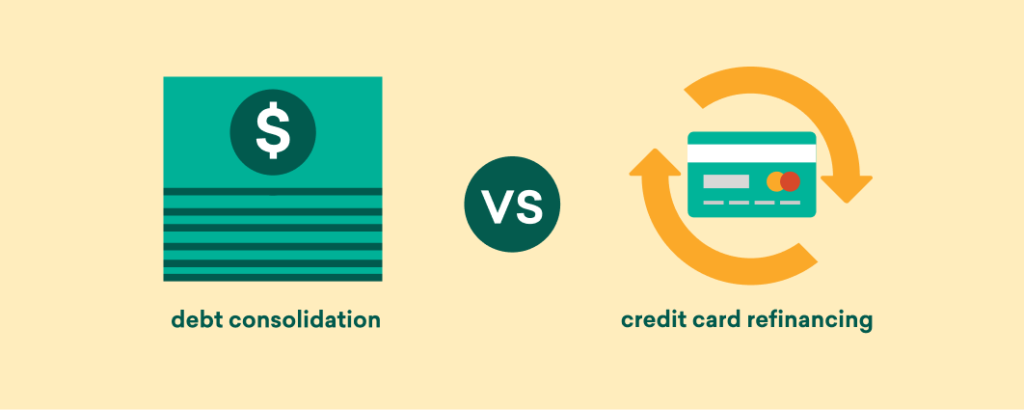We have all gone through financial difficulties at some point in our lives, and we might have resorted to incurring debts in order to cope with it. But now, you find yourself in a situation where you are overwhelmed with debt and can no longer keep up with all the payments. What do you do? Should you pay off all your debts now? Or should you opt for debt consolidation or credit repair services? This article will provide a thorough discussion on debt consolidation vs credit repair and answer the question of whether or not you should pay off your debts.
Debt Consolidation
Debt consolidation means taking out one loan to pay off multiple smaller loans. This helps make repayment easier, since there is only one loan to manage instead of several. Debt consolidation is typically used for consolidating high-interest debts such as credit cards and other unsecured loans. It is an effective way of dealing with multiple debts because the loan taken out to consolidate debts often comes with a lower interest rate than those of the multiple loans you had before. This helps you save money in interest payments, making your debt payments more manageable.
When opting for debt consolidation, make sure that you are fully aware of the terms and conditions of the loan you will be taking out. You should also ensure that you can stick to the repayment schedule and that you have the ability to make full payments for the entire loan period. You may find yourself in deeper financial difficulties if you are not able to keep up with the payments.
Credit Repair
Credit repair is the process of taking the necessary actions to improve one’s personal credit score. It usually involves disputing errors on your credit report, negotiating with lenders to lower interest rates and monthly payments, and paying off debt. A good credit score is incredibly important, as it is used by lenders to assess your creditworthiness and determine whether they should approve your loan or not. It also affects your ability to obtain a mortgage or other forms of funding, such as car loans and personal loans.
Furthermore, a good credit score can help you save money in the long run, as lenders may offer you lower interest rates or better loan terms due to your higher credit score. You might even find yourself in a situation where you are approved for a loan that you wouldn’t have been able to get before. Credit repair can help you achieve this.
Debt Consolidation vs Credit Repair: Pros and Cons
Debt consolidation and credit repair both have their own pros and cons. Let’s take a look at some of them:
Pros of Debt Consolidation:
– Lower interest rate than before
– Easier to manage different payments with just one loan
– Help to reduce monthly payments
Cons of Debt Consolidation:
– May end up costing more in the long run due to the higher loan term
– Unmanageable if the interest rate is high
– May not be able to get qualified for a loan if the credit score is too low
Pros of Credit Repair:
– Improve credit score
– May be able to get approved for loans that were previously unavailable
– Lenders may offer better loan terms and lower interest rates
Cons of Credit Repair:
– Time consuming, as it may take months to improve credit score
– Potentially expensive, depending on the services chosen
– Errors may not always be corrected even if all the steps are taken correctly
Should You Pay Off Debt or Not?
Debt can be a difficult situation to manage and can be overwhelming for many. Whether you should pay off your debts now or use debt consolidation or credit repair services depends on your personal finances, credit score, and overall financial goals.
If you have multiple high-interest debts, then debt consolidation may be the best option for you. It will help you reduce your interest rate, making your monthly payments more bearable. However, if you cannot qualify for a debt consolidation loan, then you may have to consider credit repair, as this will help you improve your credit score and access better loan terms and interest rates. In this case, it would be in your best interest to pay off your debts now as this will help you save money in the long run.
On the other hand, if you have a good credit score and no significant debt, then it may be best for you to not pay off your debts. This is because, in this case, the interest rate that you are paying on your debt might be lower than what you could be earning from investments in the long run.
Final Thought
Debt consolidation and credit repair are two different options that can help individuals who find themselves in difficult financial situations. In the end, whether or not you should pay off your debts depends on your financial situation and goals. Before deciding on which option to go for, it is important to weigh the pros and cons of both and do your research. This will help you make the best decision for your situation and help you get back on the path of becoming debt-free.

